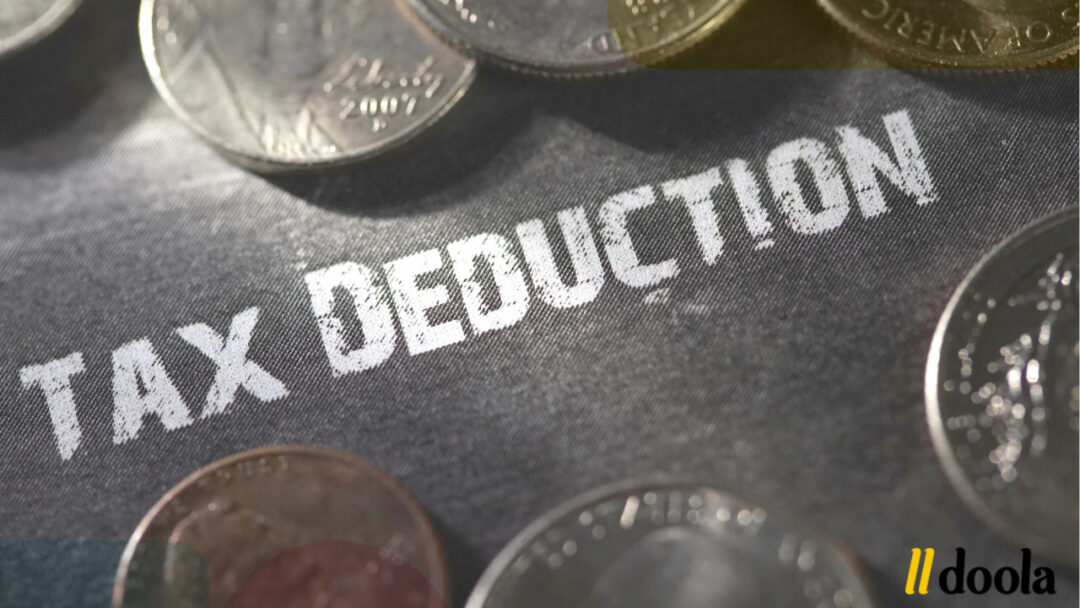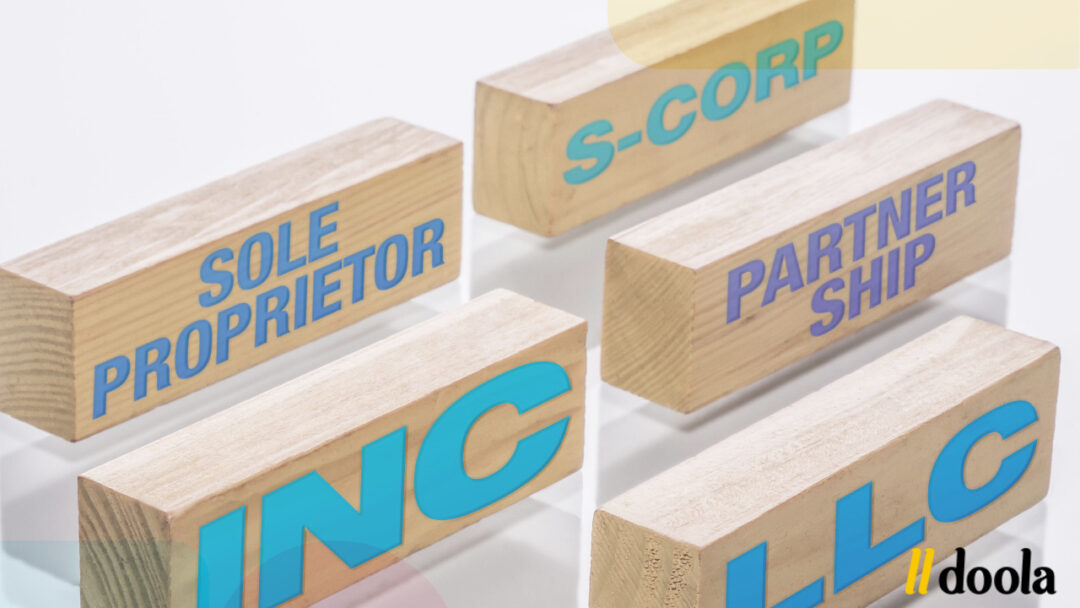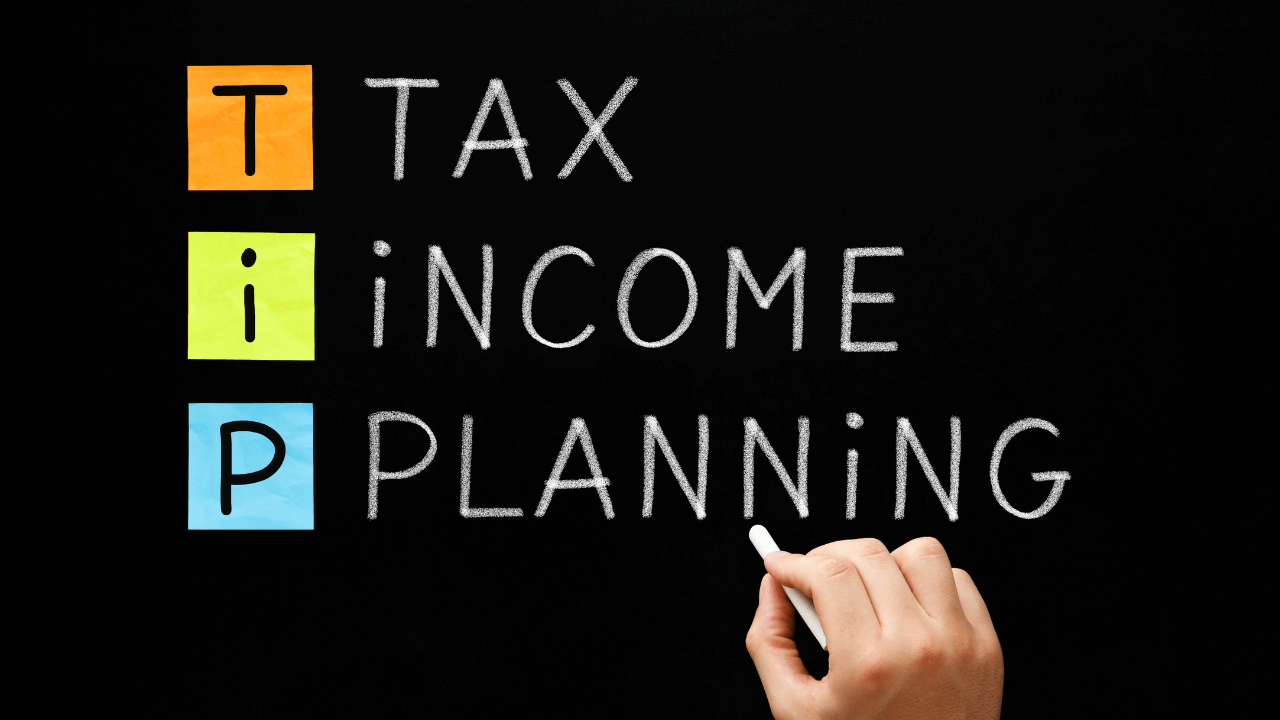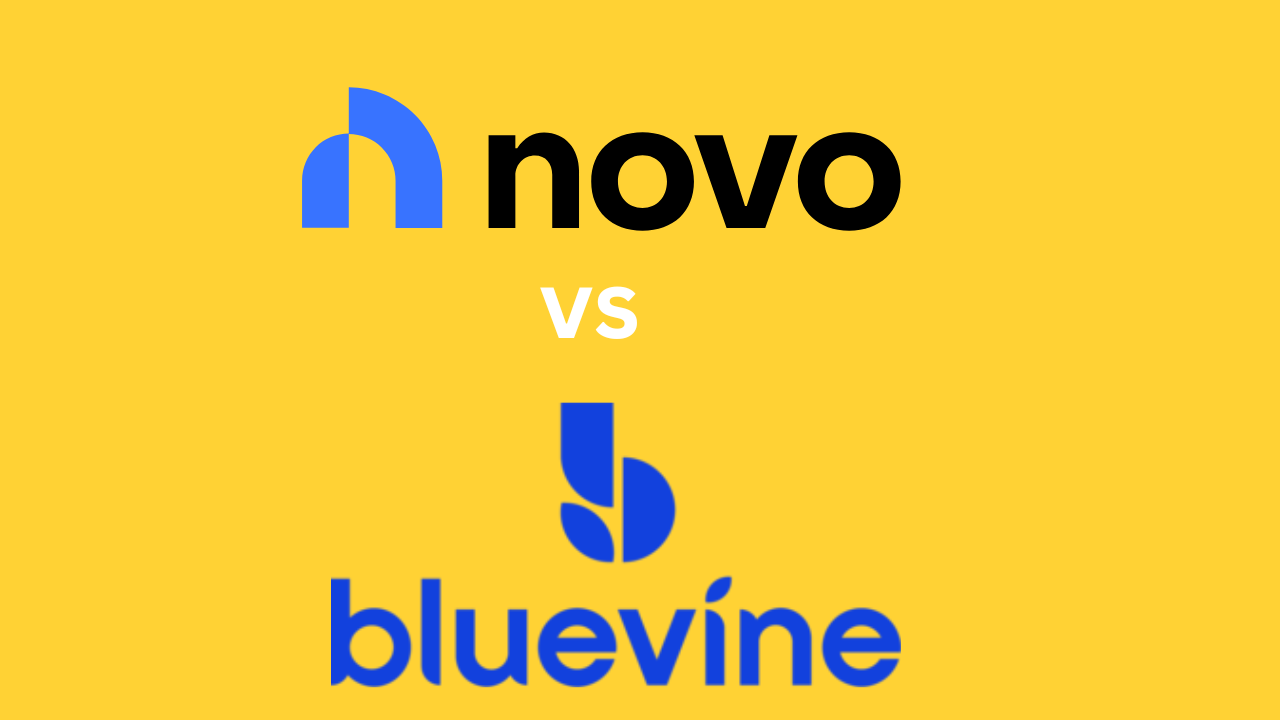Language:
Taxes 101: What Deductions Can I Claim Without Receipts?

Running a small business can be filled with opportunity and potential. It’s what keeps entrepreneurs working so hard day after day to achieve their goals.
One area of struggle for almost any small business is the issue of tax laws, rules, and regulations.
Despite the difficulty, business owners need to make sure they are compliant to not only avoid issues down the road but to make sure they are paying the lowest taxes legally allowed.
An essential part of paying lower taxes is getting the most deductions allowed. Below, we’ll explain how tax deductions work and which deductions you can claim on your income tax forms without receipts.
What Is the Standard Deduction?
The standard deduction is a fixed amount of income that is not taxed. Individuals or married couples can claim this standard deduction each year and that amount of income is removed from their taxable income.
For example, individuals last year could deduct $12,950 from their taxable income as the standard deduction. This means their taxable income was reduced by $12,950.
Married couples who filed jointly could deduct $24,900. A head of household with dependents but filing individually could claim $19,400.
Using the standard deduction also means you cannot then itemize deductions. You have to either choose the standard deduction amounts or itemized deductions, you cannot claim both.
It’s also important to note that the standard deduction amounts change yearly to match inflation. So make sure you understand the deduction changes when filing your current taxes.
Need help with your taxes? Got any questions? Chat to one of our tax experts at doola for free.
10 Deductions You Can Claim Without Receipts
When people think of itemized deductions, they often imagine shoe boxes full of receipts and invoices. However, there are many deductions you can make which do not require receipts.
Home Office Expenses
This is usually the most common expense deducted without receipts. If you use your home as an office, you can deduct a portion of the rent, utilities, and property taxes as a business expense.
There are a few requirements to meet to use this deduction. The main one is that the room you claim as an office can’t be used for anything else. So it doesn’t have to be a dedicated office per se, but it can’t be a room primarily used for something else.
Things like office furniture or office repairs can often be fully deducted using the item’s full purchase price. However, for these items, you will want to have receipts available.
Cell Phone Expenses
Since almost every home business owner will use a cell phone for business purposes, these costs can be partially deducted without a receipt.
The business owner should calculate how much of their cell phone use is for business. Typically, 30% to 50% usage can be claimed as a business expense. You can then deduct this amount for tax purposes.
Vehicle Expenses
If you use a vehicle for business purposes, you can deduct the cost of gas, repairs, and even depreciation.
You can keep receipts for all of these, but there is an easier way. By using the standard mileage rate, you simply calculate the miles driven for business purposes and multiply that by the standard mileage rate.
There are two different standard mileage rates per year (Jan-June and July-Dec), so make sure to use both to get an accurate deduction as well as the highest deduction possible.
Travel or Business Trips
You are allowed to fully deduct travel expenses, but there are a few rules. The travel must be necessary and away from what the Internal Revenue Service (IRS) considers your “tax home”. For most people, this means where they live.
Business travel must also be reasonable. This means extravagant travel arrangements or bringing family members is not deductible.
Although these deductions don’t technically require receipts, you should still have copies of credit card statements and airfare if you need to prove these expenses.
Self-Employment Taxes
Workers who are self-employed are required to pay Medicare and Social Security taxes which are commonly referred to as the self-employment tax. You can deduct half of these taxes from your total income and there is no receipt required as the IRS will already know if you paid these or not.
Self-Employment Retirement Plan Contributions
Certain contributions to retirement plans such as a 401(k) allow you to deduct those from your income to lower your tax burden for the year you contributed.
No receipts are needed here as your contributions should already be recorded through the retirement plan.
There are limits on these contributions though and how much can be deducted. These limits vary based on age and the type of plan.
Self-Employed Health Insurance Premiums
If you’re self-employed and pay for your health insurance, you can deduct these premiums. You don’t need receipts for this and instead, just a copy of the policy is enough documentation to keep on hand.
You can also take this deduction even if you chose not to take itemized deductions.
Educator expenses
Educators are allowed to deduct up to $300 for out-of-pocket expenses related to their teaching or classroom activities. This amount changes to adjust for inflation, so make sure to find the current amount if you use this deduction every year.
This is allowed for any teacher, counselor, instructor, aide, or principal for grades kindergarten through 12th grade.
Student Loan Interest
Student loan interest can be deducted without receipts and you can do so even if you don’t itemize your deductions. This means it is entered as an adjustment to your income.
You are allowed up to $2500 in interest to be deducted from your income each year.
There are a few caveats for this deduction. For example, nobody can claim you as a dependent and your adjusted gross income has to be less than $175,000 annually if filing jointly.
Qualified employment plans that offer student loans are generally not eligible for this deduction as well as private loans from related family members.
Certain Charitable Contributions
Those businesses registered as a corporation can deduct charitable contributions on their corporate income tax form. Other entities would deduct these expenses on personal income tax forms.
You can also deduct non-cash donations which are referred to as “in kind” donations. However, these do require separate paperwork including an IRS Form 8283. Some items over $5000 may require a written statement as well or an appraisal of value.
Other Tax Return Documentation to Use if You Have No Receipts
Below is a list of other expenses you can deduct. Many do not require receipts but still have a record of these expenses either in the form of bank statements or other documents.
Most deductions have limits, so consult with a tax professional if unsure about how to go about making these deductions.
- Advertising/Marketing
- Bank fees
- Business insurance
- Computers and related equipment
- Professional dues or memberships
- Rental equipment used for business
- Certain event costs
- Some startup costs
- Professional licenses or permits
- Merchant fees
- Repairs
- Salaries
- Some shipping expenses
- Website costs
How IRS Rules on Tax Write-Offs Vary Based on Business Entity
There are differences in write-offs or deductions among the different business entities. For example, an S corporation cannot claim the home office deduction. The S-corp can pay you partial rent though, but then that rent would be personal income and then be taxed.
Another aspect is health insurance deductions. Corporations would claim these on their corporate tax returns. In a Limited Liability Company (LLC), the owners would typically deduct these on their Form 1040.
An LLC is rather straightforward as most deductions are just made by the owners or members on their personal income tax forms.
This is because an LLC is regarded as a “pass-through” entity as the revenue passes through to the members or owners. Corporations can be more difficult and have more complex requirements when claiming deductions.
Maximize Your Tax Deductions
Taxes are a critical part of managing a business of any kind. Registering as the right entity can give you a tax advantage that saves you money.
Let the experts at doola help you choose the right business entity for your situation. doola offers numerous small business tools and resources from opening a business bank account to bookkeeping services that will help make tax season a breeze.
Contact us today to get started!
FAQs
What things count as deductions?
Most expenses that are crucial to running your business can be deducted. This includes things like business equipment, home office furniture, utilities, and more.
What happens if you don’t have receipts for expenses?
Many deductions are allowed without receipts. But if you don’t have receipts, other proofs such as bank statements, policy documents for insurance, or lease forms can be used as proof.
How much deductions can I claim without receipts?
There is a standard deduction amount of $12,950 for individuals or $24,900 for those filing jointly. The standard deduction is for those who do not itemize individual deductions on their tax form. If you itemize your deductions instead of using the standard deduction, each deduction generally has its limits.
I’m still confused, is there someone I can speak to about tax deductions?
Yes! Our experts at doola are here to answer any questions you may have about taxes, so grab a free consultation and we’ll happily help you out!
Keep reading
Start your dream business and keep it 100% compliant
Turn your dream idea into your dream business.



















